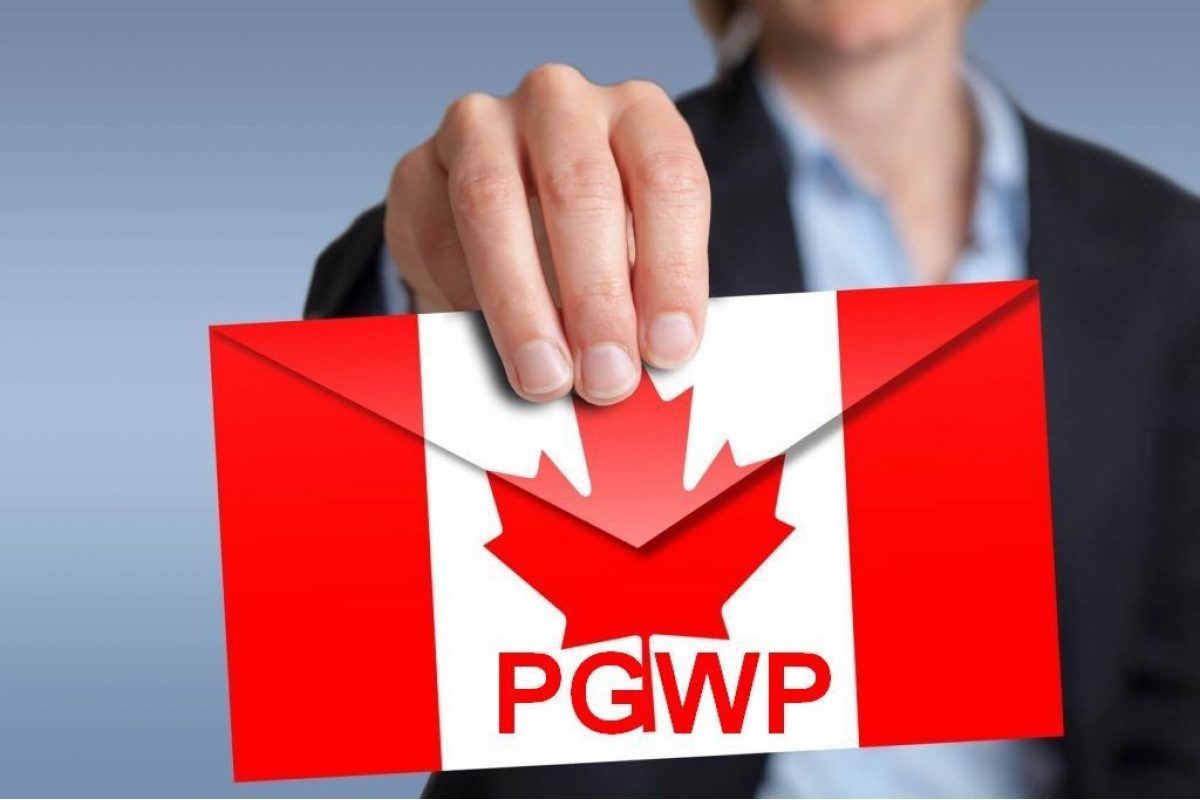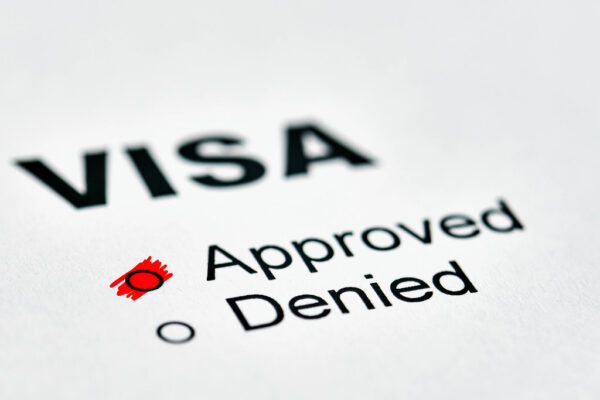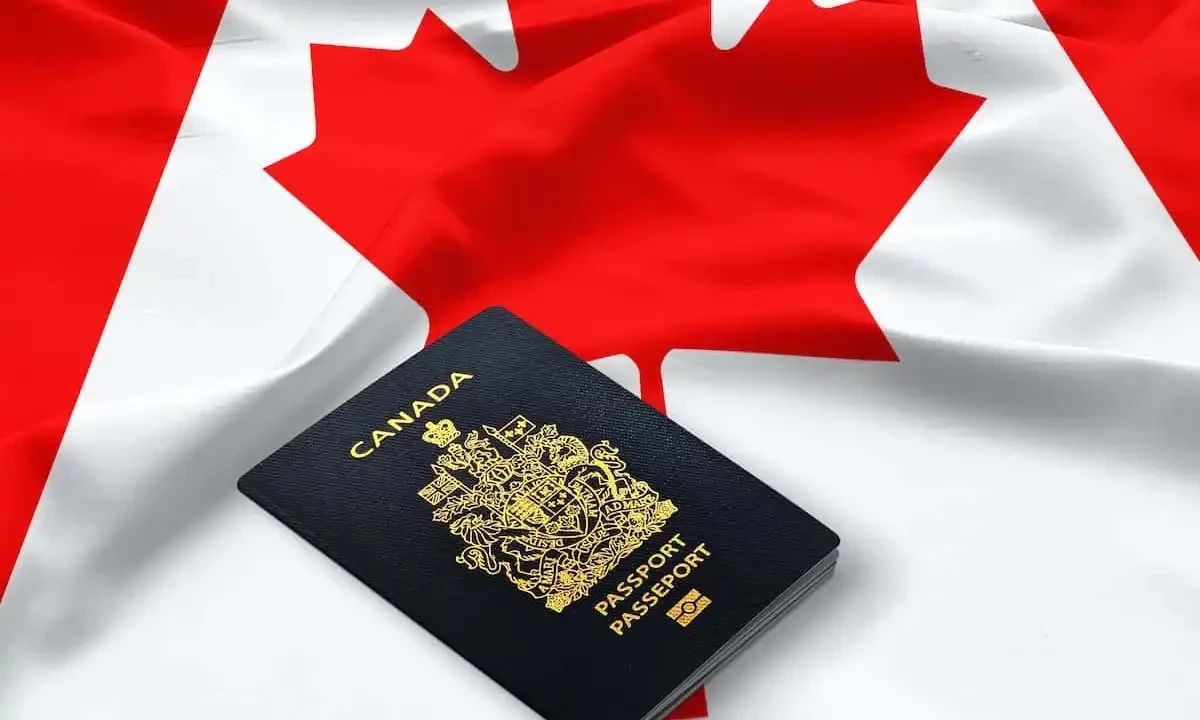Missed out on PR through the BC PNP as an international graduate? Here are your other options for pursuing PR
The door has closed for international graduates seeking nominations from the British Columbia Provincial Nominee Program (BC PNP).
The BC PNP closed two graduate streams, and had planned to open three new streams in 2025 to replace the earlier ones.
Assess your eligibility for enhanced PNP streams
But on 14 April, 2025, the province suspended opening the three new graduate streams, and waitlisted International Post-Graduate applications received after September 1, 2024.
International graduates from BC who wish to settle in Canada will have to pursue permanent residence through other pathways, which we discuss in this article.
What happened to the BC PNP’s graduate streams?
Like many provincial nominee programs, the BC PNP had dedicated permanent residence pathways for foreign nationals newly graduated from BC postsecondary institutions.
Up until recently, these pathways were the International Graduate stream, which closed on November 26, 2024, and the International Post-Graduate stream (IPG), which closed on January 7, 2025.
On March 19, 2024, the BC PNP had announced that these now-defunct streams would be replaced with three new streams: a Bachelor’s Stream, Master’s Stream, and Doctorate Stream, which had been set to open in January of 2025.
But the BC PNP never opened the three new streams, and in an announcement on 14 April, 2025, said that it was suspending opening these streams indefinitely, until its “allocation levels are restored.”
In the same announcement, the PNP also said that it had waitlisted all International Post-Graduate applications received after September 1, 2024, meaning that even those foreign nationals who have already applied for nomination to the BC PNP through the IPG stream cannot expect that their applications will be processed any time soon.
Like many PNPs in 2025, the BC PNP saw its allocation of provincial nominations from the federal government cut in half from last year’s levels.
Other pathways to PR available
What options do international graduates in B.C. have?
International graduates of BC universities have several other options for pursuing Canadian permanent residency.
Their main options for economic immigration outside Quebec include
- The Canadian Experience Class – Express Entry;
- BC PNP – Health Authority Stream;
- The Rural Community Immigration Pilot;
- The Francophone Community Immigration Pilot;
- Other Provincial Nominee Programs; and
- The Atlantic Immigration Program.
The following table summarizes the eligibility criteria for each pathway:
| Pathway | Key eligibility criteria |
| Canadian Experience Class | -1 year of skilled Canadian work experience. -CLB 7 or CLB 5 (depending on NOC TEER). |
| BC PNP – Health Authority Stream | -Front-line healthcare worker for a BC Health Authority. |
| Rural Community Immigration Pilot | -Job offer from a designated employer in a participating community. BC communities: – West Kootenay. – North Okanagan Shuswap. – Peace Liard. |
| Francophone Community Immigration Pilot | -Job offer from a designated employer in a participating community. -CLB 5 in French. -Kelowna is a participating BC community. |
| Other PNPs | -Varies depending on the stream. -Many streams require job offers. -Requires an intent to reside in the nominating province or territory. |
| Atlantic Immigration Program (AIP) | -Job offer from a designated employer in an Atlantic Province. -Province must endorse your job offer. |
We discuss each of these options further below.
The Canadian Experience Class – Express Entry
One way recent graduates can get Canadian PR is to gain a year of work experience after graduating, to pursue PR through the Canadian Experience Class (CEC).
The Canadian Experience Class (CEC) is a good option for foreign nationals with a high score under the Comprehensive Ranking System (CRS), or who qualify for a category-based draw.
To qualify for the CEC, you need one year of Canadian work experience in a skilled occupation (NOC TEER 0, 1, 2, or 3), and must meet language proficiency requirements.
Once you qualify, you can enter the Express Entry pool, from which you may receive an invitation to apply (ITA) for permanent residence.
You’re not guaranteed to receive an ITA, but if you have a high CRS score relative to the other members of the pool, you will have a high likelihood of being drawn.
The most recent cut-off scores for CEC draws from the Express Entry pool are as follows:
| Date | Cut-off score |
| February 5, 2025 | 521 |
| January 23, 2025 | 527 |
| January 8, 2025 | 542 |
Calculate your CRS score on CanadaVisa+
If your CRS score is too low to qualify for CEC draws, you could get invited with a lower CRS if you qualify for one of Express Entry’s category-based draws, by having high enough French Language proficiency, or by having 6 months of work experience within the past three years in a priority occupation.
To qualify for French, you need a CLB of 7 in all four language abilities (speaking, listening, reading, writing).
To qualify for an occupational category based draw, you need 6 months of continuous full-time work experience within the past three years in an occupation within one of the categories. The categories, as of the time of writing, are as follows:
- Agriculture and agri-food.
- Education.
- Healthcare and social services.
- STEM (science, technology, engineering and math).
- Trades.
The federal government recently made major changes to the Express Entry categories.
Assess your eligibility for category based draws on CV+
The Rural Community Immigration Pilot
If you’re open to settling in one of Canada’s rural communities, you might be able to qualify for the Rural Community Immigration Pilot (RCIP) if you can get a job offer from a designated employer in a participating community.
The participating BC communities are:
- West Kootenay;
- North Okanagan Shuswap; and
- Peace Liard.
The full list of participating communities across Canada is as follows:
| Community | Province |
| Pictou County | Nova Scotia |
| North Bay | Ontario |
| Sudbury | Ontario |
| Timmins | Ontario |
| Sault Ste. Marie | Ontario |
| Thunder Bay | Ontario |
| Steinbach | Manitoba |
| Altona/Rhineland | Manitoba |
| Brandon | Manitoba |
| Moose Jaw | Saskatchewan |
| Claresholm | Alberta |
| West Kootenay | British Columbia |
| North Okanagan Shuswap | British Columbia |
| Peace Liard | British Columbia |
If you meet the requirements for the RCIP, you can apply for PR directly to the federal government.
The Francophone Community Immigration Pilot
If you have French proficiency of at least CLB 5 in all abilities, you may be able to qualify for the Francophone Community Immigration Pilot (FCIP) if you get a job offer from a designated employer in a participating community.
There is one community in BC participating: Kelowna.
The following communities across Canada are participating in the FCIP:
| Selected community | Province |
|---|---|
| Acadian Peninsula | New Brunswick |
| Sudbury | Ontario |
| Timmins | |
| Superior East Region | |
| St. Pierre Jolys | Manitoba |
| Kelowna | British Columbia |
FCIP-eligible foreign nationals can apply directly to the federal government for PR.
Health Authority Stream
If you wish to settle in British Columbia as a skilled worker through economic immigration, and can’t get PR through Express Entry or through one of the federal pilots, your only option for 2025 is the Health Authority Stream, as of the time of writing.
To qualify for this stream, you must work as a front-line healthcare professional with one of BC’s health authorities, and the health authority must support your application.
The following occupations are eligible:
- NOCs starting with “3.”
- Social and community services workers (NOC 42201).
- Social workers (NOC 41300).
- Therapists in counselling and related specialized therapies (NOC 41301).
Other PNPs
If you don’t qualify for the BC PNP—and you’re unlikely too, if you don’t work in a front-line healthcare occupation—one option you have is to move to settle in another province, and get nominated through another PNP.
There are too many PNP streams to review here—you’ll have to do your own research or consult with an experienced immigration representative to determine the best stream for you.
You can also assess your eligibility for enhanced PNP streams on CanadaVisa+.
PNPs always require an intent to reside in the nominating province, so you should be prepared to move. Often, the PNP will want to see existing ties to the province to demonstrate an intent to reside.
If you wish to pursue PR through another PNP, generally your best bet will be to move to your desired province and get a job and gain work experience there.
After living and working in the province for a year or two, you should have strong ties there, and be a solid candidate for any PNP streams that you meet the requirements for.
PNP streams typically have requirements around
- Age;
- Education;
- Language proficiency;
- Job offer; and
- Work Experience.
To qualify for an enhanced PNP stream, you must also qualify for Express Entry, in addition to meeting the requirements of the PNP stream itself.
Assess your eligibility for enhanced PNP streams
The Atlantic Immigration Program
The Atlantic Immigration Program (AIP) is a pathway to PR for foreign nationals with job offers from designated employers in one of Canada’s Atlantic provinces:
- New Brunswick.
- Newfoundland and Labrador.
- Nova Scotia.
- Prince Edward Island (PEI).
Once you obtain a job offer from a designated employer, the province must endorse your job offer.
Provided that you meet the other requirements, you can then apply for PR directly to the federal government.
AIP applicants can also apply for employer-specific work permits that can be issued for up to two years.
Discover if you are eligible for the Atlantic Immigration Program
Why were the new streams delayed?
The delay comes amid changes to federal immigration targets for Canada’s Provincial Nominee Programs (PNPs). The latest Immigration Levels Plan slashed targets for PNP admissions by 50% in 2025, compared to 2024.
Earlier this year, British Columbia, which had a nomination allocation of 8,000 spots in 2024, was allocated just 4,000 spots for 2025. Meanwhile, the BC PNP began the year with a backlog of 5,200 applications — already exceeding its annual nomination capacity.
To manage its limited quota, B.C. has decided to use its nominations to process existing applications and only accept approximately 1,100 new applications from health authority workers, entrepreneurs, and skilled workers creating high economic impact in the province.





